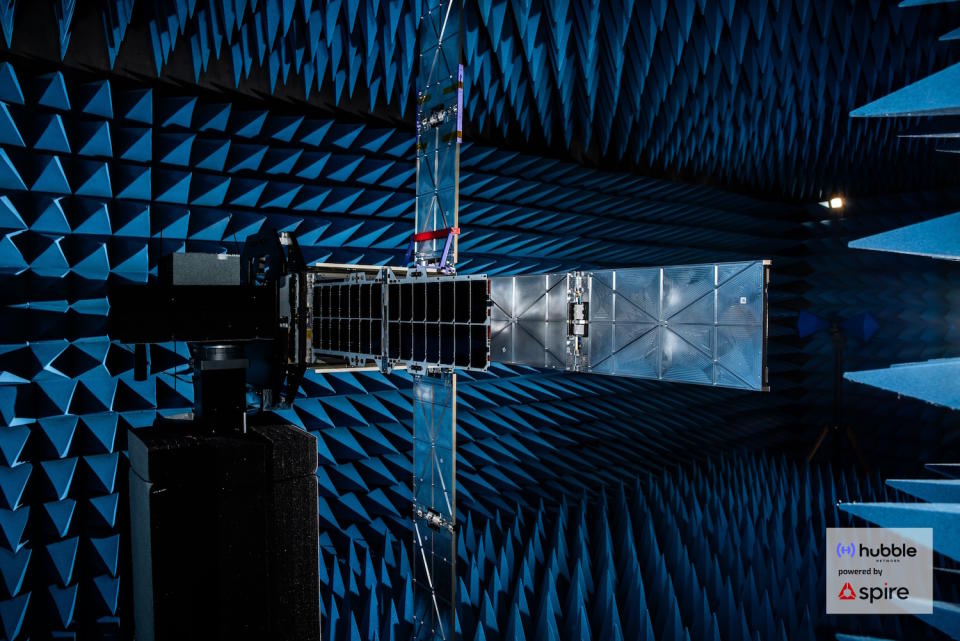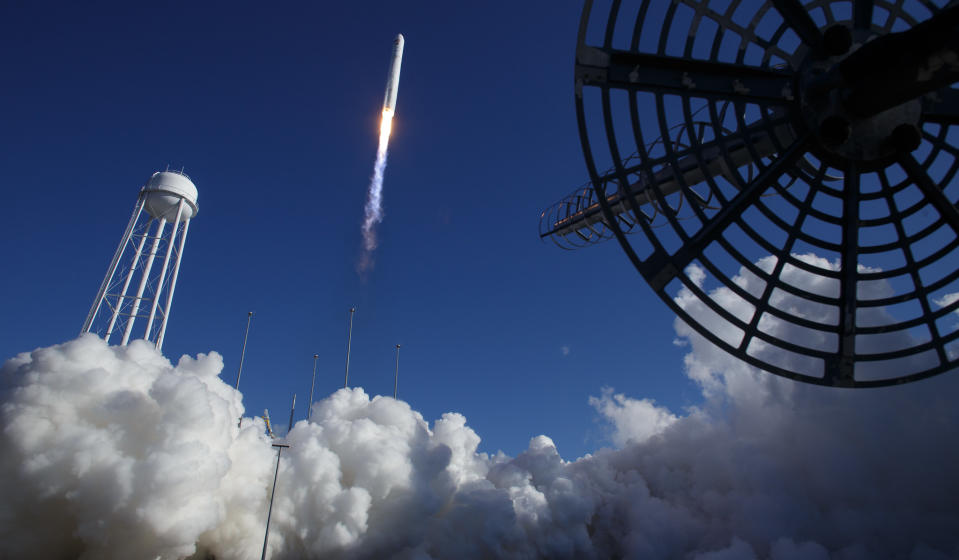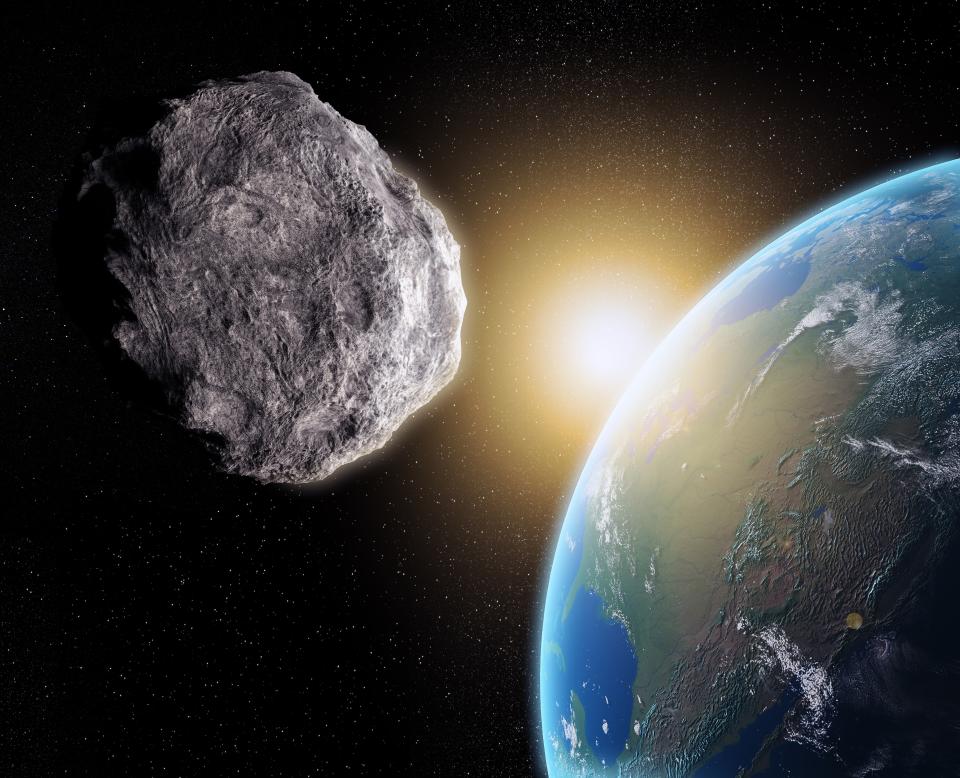TechCrunch Space: Launch pad decongestion
Hello and welcome back to TechCrunch Space. Let's jump in!
Want to reach out with a tip? Email Aria at aria.techcrunch@gmail.com or send me a message on Signal at 512-937-3988. You also can send a note to the whole TechCrunch crew at tips@prod22.techcrunch.com. For more secure communications, click here to contact us, which includes SecureDrop instructions and links to encrypted messaging apps.
Story of the week
This week, we've got some very cool news from Hubble Networks, which became the first company in history to connect a Bluetooth chip to a satellite. The startup has stayed relatively low profile, but with this tech validation they're looking to expand -- and connect possibly billions of Bluetooth-enabled devices.

Scoop of the week
Slides and audio from a nonpublic NASA meeting reveal the ambitious plans the agency has for its Wallops Flight Facility in Virginia. Bringing these plans to fruition is key for private space companies, including Rocket Lab, Northrop Grumman and others, and could ease launch pad congestion on both coasts.

What we're reading
Over at The New York Times, Kenneth Chang recounts how a group of scientists identified 27,500 newly discovered asteroids in the solar system -- including around 100 "near-Earth" asteroids, or those that pass within Earth's orbit.

This week in space history
We're looking ahead this week... On Monday, May 6 (today!), Boeing is hoping to make history by carrying two NASA astronauts to the International Space Station using its Starliner capsule for the first time. The mission will take off at 10:34 PM EST.
Godspeed Butch Wilmore and Suni Williams! Godspeed Starliner!



